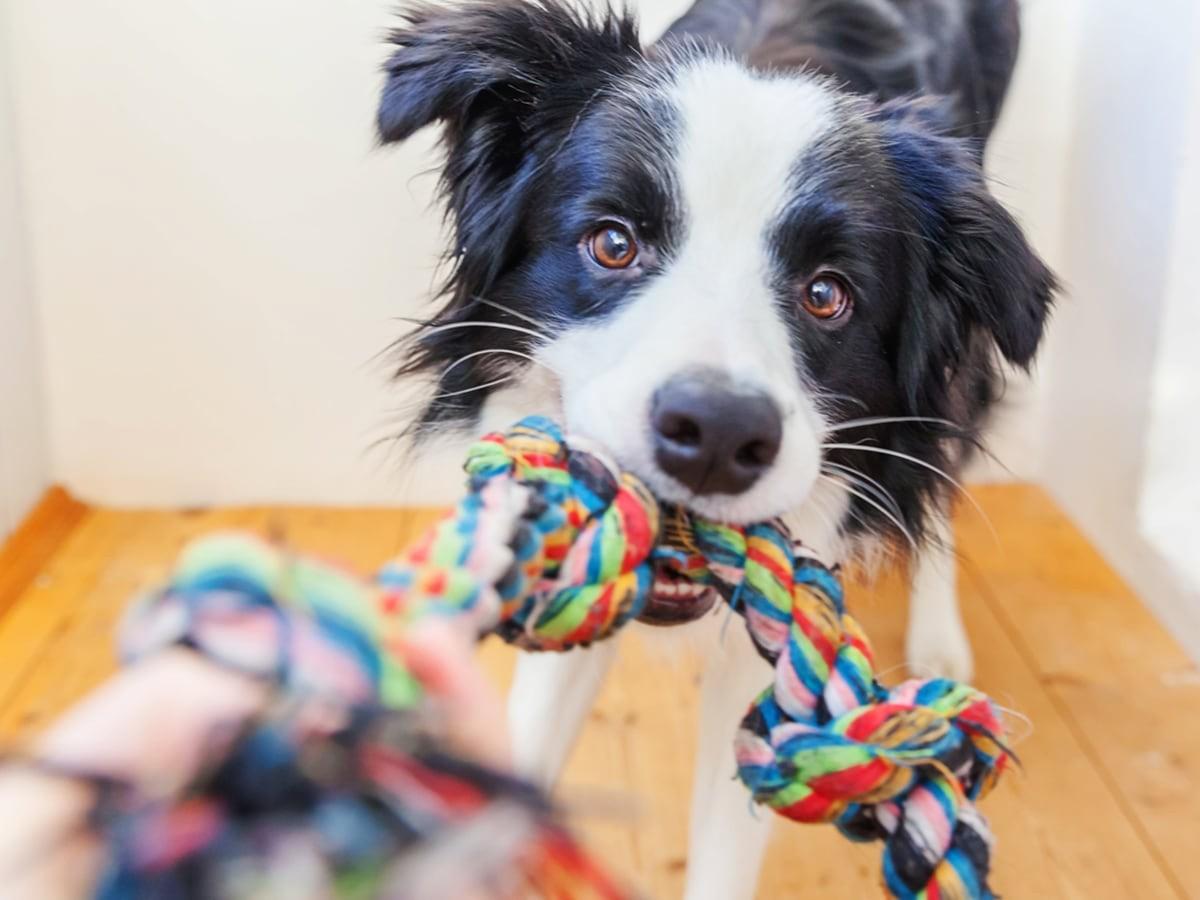Every dog owner knows that their furry friend is more than just a pet - it's a member of the family. And just like any family member, we want to ensure they're entertained, stimulated, and most importantly, safe. One of the best ways to achieve this is through the selection of the right dog toys. But before you rush off to the pet store, there are 20 crucial things to consider before buying dog toys.
1. Understanding Your Dog's Breed and Size
Different breeds and sizes of dogs have distinct needs and preferences when it comes to toys. For example, a toy perfect for a Chihuahua may not be ideal for a Great Dane. Understand your pet's breed and size to choose a toy that matches their physical attributes and temperament.
2. Age Matters in Toy Selection
Puppies, adult dogs, and senior dogs all have unique toy requirements. Puppies need toys that aid in their teething process, while older dogs may require softer toys to prevent damage to their aging teeth.
3. The Importance of Durability
Durability is a critical factor when choosing dog toys. A durable toy will not only last longer but also resist potential choking hazards. Therefore, consider opting for sturdy materials like rubber or nylon over plush toys that can easily be torn apart.
4. Interactive Toys for Mental Stimulation
Interactive toys can stimulate your dog's mind, alleviating boredom and promoting problem-solving skills. Puzzles, treat-dispensing toys, and tug-of-war ropes are excellent choices for mental stimulation.
5. The Role of Chew Toys in Dental Health
Chewing is a natural instinct for dogs. Chew toys can help keep their teeth clean, promote gum health, and satisfy their urge to chew, especially for teething puppies or dogs with a high chewing drive.
6. Variety is Key
Just like humans, dogs can become bored with the same toys. A diverse toy box can ensure they remain interested and engaged, offering a range of play options from squeaky toys, balls, and plush toys, to ropes.
7. Safety Should Be the Priority
Always prioritize safety when choosing dog toys. Avoid toys with small parts that could be swallowed or choked on, sharp edges, or that may splinter. Regularly inspect toys for wear and tear, replacing them when necessary. Know more about safe dog toys.
8. The Value of Comfort Toys
Comfort toys can help alleviate anxiety and provide your pet with a sense of security. These may include soft plush toys or blankets that your dog can snuggle with, especially when they're alone or sleeping.
9. Appropriate Size for Safe Play
Ensure the toys you choose are of an appropriate size for your dog. Toys that are too small can be easily swallowed, while those too large may be difficult for your dog to enjoy.
10. The Fun Factor
Lastly, while practical factors are crucial, remember that toys should also be fun! Find toys that your dog loves, whether that's a squeaky rubber chicken, a bouncing ball, or a frisbee for a game of fetch.
11. Avoiding Toys with Harmful Chemicals
It's important to ensure that the toys you choose are free from harmful chemicals such as phthalates, lead, or BPA. Always opt for dog toys manufactured using non-toxic materials to safeguard your pet's health.
12. The Dangers of Strings, Ribbons, and Eyes
Beware of toys with strings, ribbons, or small pieces like eyes that can be chewed off and swallowed. These pose a choking hazard and can cause digestive issues if ingested.
13. Checking for a Quality Guarantee
Reputable manufacturers often provide a quality guarantee for their dog toys. This can provide added peace of mind that the toy you're purchasing is safe, durable, and fit for purpose.
14. Discarding Damaged Toys Promptly
As soon as a toy begins to show signs of significant wear and tear, it's time to discard it. This is particularly crucial for chew toys which, when worn down, can break into small pieces and pose a choking risk.
15. Choosing the Right Material for Chew Toys
Hard materials can fracture a dog's teeth. While it might be tempting to give your dog a bone or antler to chew on, these hard materials can do more harm than good. Consider alternatives like durable rubber or nylon.
16. Rubber Toys for Safety and Durability
Rubber toys can be a great option for dogs, especially those who are aggressive chewers. Rubber is both durable and safe, reducing the risk of splintering or breaking into dangerous shards.
17. The Risk of Squeaky Toys
Squeaky toys can be a fun distraction for dogs, but they can also become a safety issue if your dog is determined to find and remove the source of the squeak. Opt for squeaky toys with no small, removable parts and monitor your dog's playtime.
18. Soft Toys Should be Well-Stitched and Machine-Washable
When choosing soft or plush toys, look for those that are well-stitched and machine-washable. This ensures they will hold up against your dog's play and can be easily cleaned to maintain hygiene.
19. The Importance of Regular Toy Inspections
Frequently inspect your dog's toys for any potential issues. This can help you identify small tears or other damage that could lead to larger problems down the line.
20. Never Substitute Household Items for Dog Toys
While it might be tempting to let your dog play with a tennis ball or an old shoe, these items aren't designed to withstand a dog's bite and could pose a safety risk. Always opt for toys specifically designed for dogs.
Choosing the perfect dog toy may seem daunting, but with these 20 essential considerations in mind, you're now equipped to make informed decisions that will keep your furry friend both happy and safe.
In conclusion, safety and material quality are paramount when choosing toys for your dog. Ensuring that your chosen toys align with these twenty considerations will not only entertain and stimulate your pet but also keep them safe and healthy.
